Open Philanthropy recommended a total of $1,919,027[1]Not including external funding over two years to the 2022 cohort of the Century Fellowship. The Century Fellowship is a two-year program that supports people early in their careers who want to work on challenges the world may face this century that could have a lasting and significant impact on the long-term future.
The grant amount was updated in April 2025.
Ashley Lin
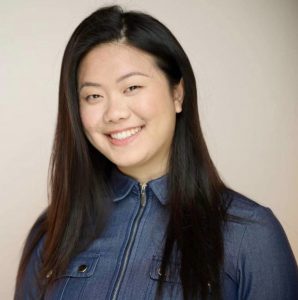
Ashley[2]Ashley’s fellowship is funded by the Atlas Fellowship works on a variety of global talent search and upskilling projects that improve the long-term future, with a focus on India and China. She co-founded the Atlas Fellowship, a $50,000 scholarship and 11-day program for talented high school students around the world. In her free time, she thinks about China-related AI governance strategy. Previously, Ashley ran online cultural exchange programs for over 1000 students from 35+ countries. Ashley is also an Emergent Ventures grantee and National Geographic Young Explorer.
Hjalmar Wijk

Hjalmar currently leads threat modeling work at METR, trying to identify which AI capabilities pose the greatest risks so that the organization can design evaluations to rule them out. He previously worked on understanding AI risks as a fellow at the Future of Humanity Institute and at the Centre on Long-Term Risk. He holds an MSc and began a DPhil in Computer Science (he withdrew to work at METR), both from Oxford University.
Isaac Dunn
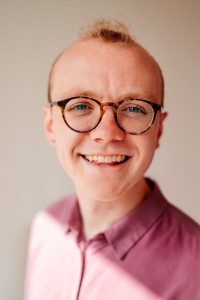
After an undergraduate degree in computer science, Isaac taught at a comprehensive secondary school for two years as part of the Teach First Leadership Development Programme. Their interest in which global problems should be our top priorities grew during that time. After finishing their PhD in computer science, Isaac plans to help build the movement of people focused on improving how humanity’s future might go.
Jack Ryan
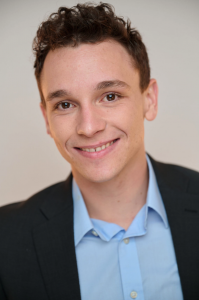
Jack earned his BS in Mathematics at Stanford University in 2022. While at Stanford, Jack developed an interest in the fields of Machine Learning and Artificial Intelligence. He is currently interested in pursuing and developing projects to tackle the difficult problems related to the potential risks from advanced artificial intelligence. By combining his love of math, and his compassionate nature, Jack hopes to apply his skills to projects that could have significant impacts on our long-term well-being. In his free time, he likes to run, listen to music, and learn about evolutionary biology.
Joshua Clymer
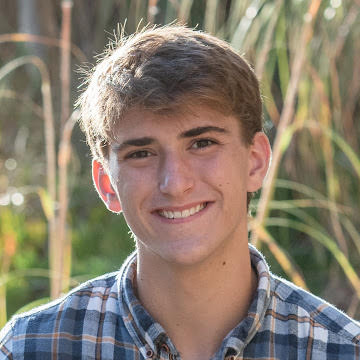
Joshua is taking leave from a math degree at Columbia University to work on what he believes is the most important problem of our time: ensuring that AI systems remain safe as they become more capable. Joshua want to spend his career reducing the risk of an AI existential catastrophe, beginning by working on research with mentors in the field to develop his understanding of the problem and inform his next steps.
Julia Karbing
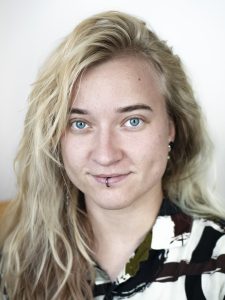
Julia’s background is in community building, having run Effective Altruism Oxford for a year after finishing an undergraduate degree in Philosophy, Politics, and Economics at the University of Oxford. During her Century Fellowship, Julia is starting the AI Safety Hub – a team focusing on AI Safety movement building.
Kuhan Jeyapragasan
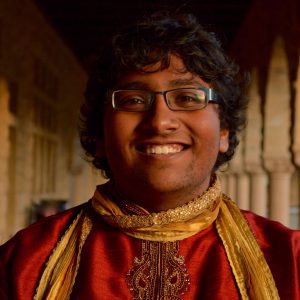
Kuhan co-founded and ran the Stanford Existential Risks Initiative, and is now working on university AI safety, existential risk, and effective altruism programming in Cambridge, Massachusetts at the Centre for Effective Altruism. Previously, Kuhan ran the Stanford Effective Altruism group.
Olivia Jimenez
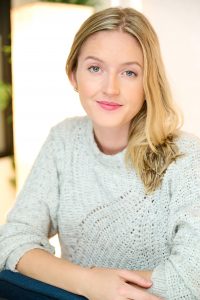
Olivia is a Columbia University ’22 graduate working on field building and macrostrategy for AI safety. In the past few months, she’s done outreach at technical universities, started a $25,000 research contest, and run several alignment workshops. Previously, she ran Columbia’s EA group and started their longtermist coworking space. She was also a guest manager at the Effective Altruism Funds.
